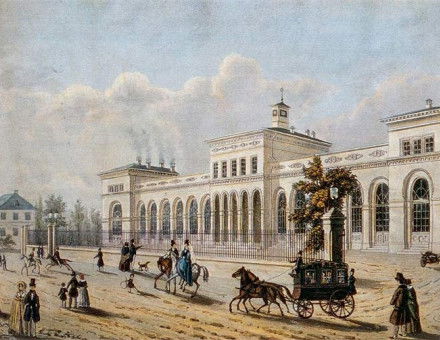Charles Fourier: The Realistic Visionary
In France, Fourier's ideas on social and economic reform have been used as weapons in the battles of the co-operative and syndicalist movements. Today, a new attempt is being made to disinter the man and his thought from traditions and myths.



